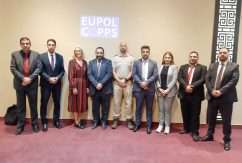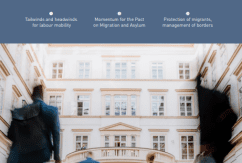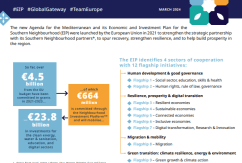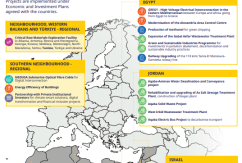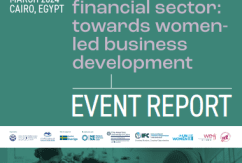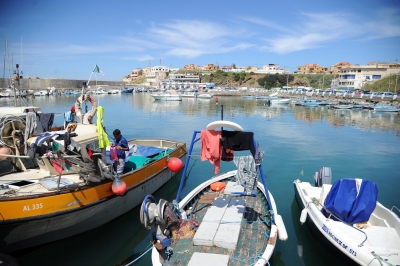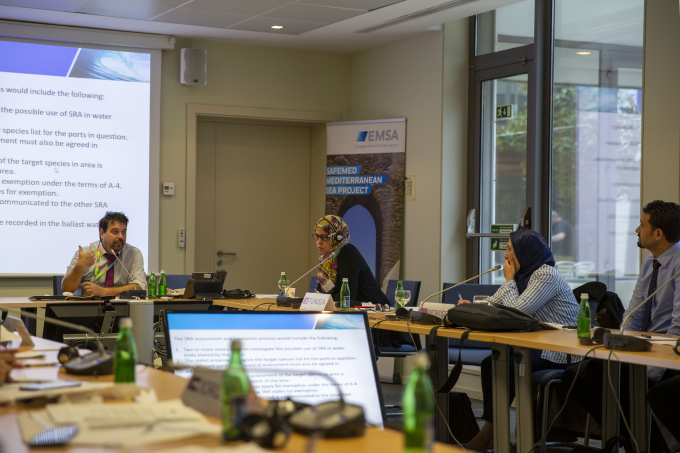Twinning celebrates its 20th anniversary
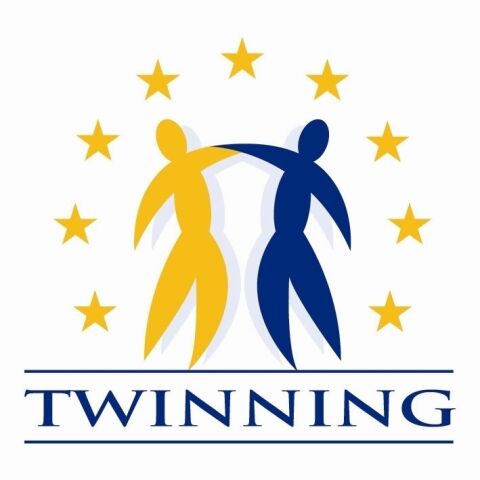

2018 marks the 20th anniversary of the European Commission’s Twinning instrument, one of the most successful and most used tools for supporting the European Union’s neighbouring countries and regions.
With the recent launch of the newest Twinning project in the former Yugoslav Republic of Macedonia, the total number of Twinning projects implemented in the past 20 years surpasses 2700 in this anniversary year. The new project aims to establish peer-to-peer, on the ground cooperation with the partner country’s Customs Administration in Skopje in order to simplify customs procedures and to create a business-friendly environment.
Johannes Hahn, Commissioner for European Neighbourhood Policy and Enlargement Negotiations, said: “The 20th anniversary of Twinning is an occasion to celebrate and to reflect on past achievements as well as on future perspectives. Over the past 20 years, more than 2700 Twinning projects have been successfully implemented, from reforming asylum legislation in Serbia to strengthening e-governance in Georgia. Encouraging peer-to-peer exchange, Twinning continues to provide invaluable added value in promoting modernisation, EU values and structural reforms efforts as well as in fostering change, stability, security and prosperity throughout the Neighbourhood and Enlargement regions.”
Background
Twinning is a unique form of long-term cooperation between EU countries’ public administrations and their counterparts in candidate and potential candidate countries for EU membership as well as in the EU’s Neighbourhood region. Twinning projects encourage public administration reform, support EU values and develop European-based standards and norms. Key to the success of Twinning is the peer-to-peer expertise provided on the ground by civil servants from EU Member States which work hand-in-hand with national administrations in the partner countries.
In the Enlargement region, Twinning supports the transposition, implementation and enforcement of EU legislation. In this context, Twinning also provided extensive support to the countries which became EU Member States in 2004, 2007 and 2013. A recently finalised Twinning project, for example, helped the Commissariat for Refugees and Migration and the Ministry of the Interior of the Republic of Serbia to deliver on the preparation of a new asylum law and on the reform of the country’s asylum system. Through capacity building measures, it was able to support Serbia in its efforts to align itself with EU standards in the field of asylum policy.
In the EU’s Neighbourhood region, Twinning reaches out to EU neighbours willing to strengthen their cooperation with the EU. For example, a recently-concluded EU Twinning project on strengthening e-Governance in Georgia led to a new digital signature law and to the adoption of an overall European framework of electronic identification for electronic transactions, a crucial step for Georgia and its integration with Europe.
Read More
